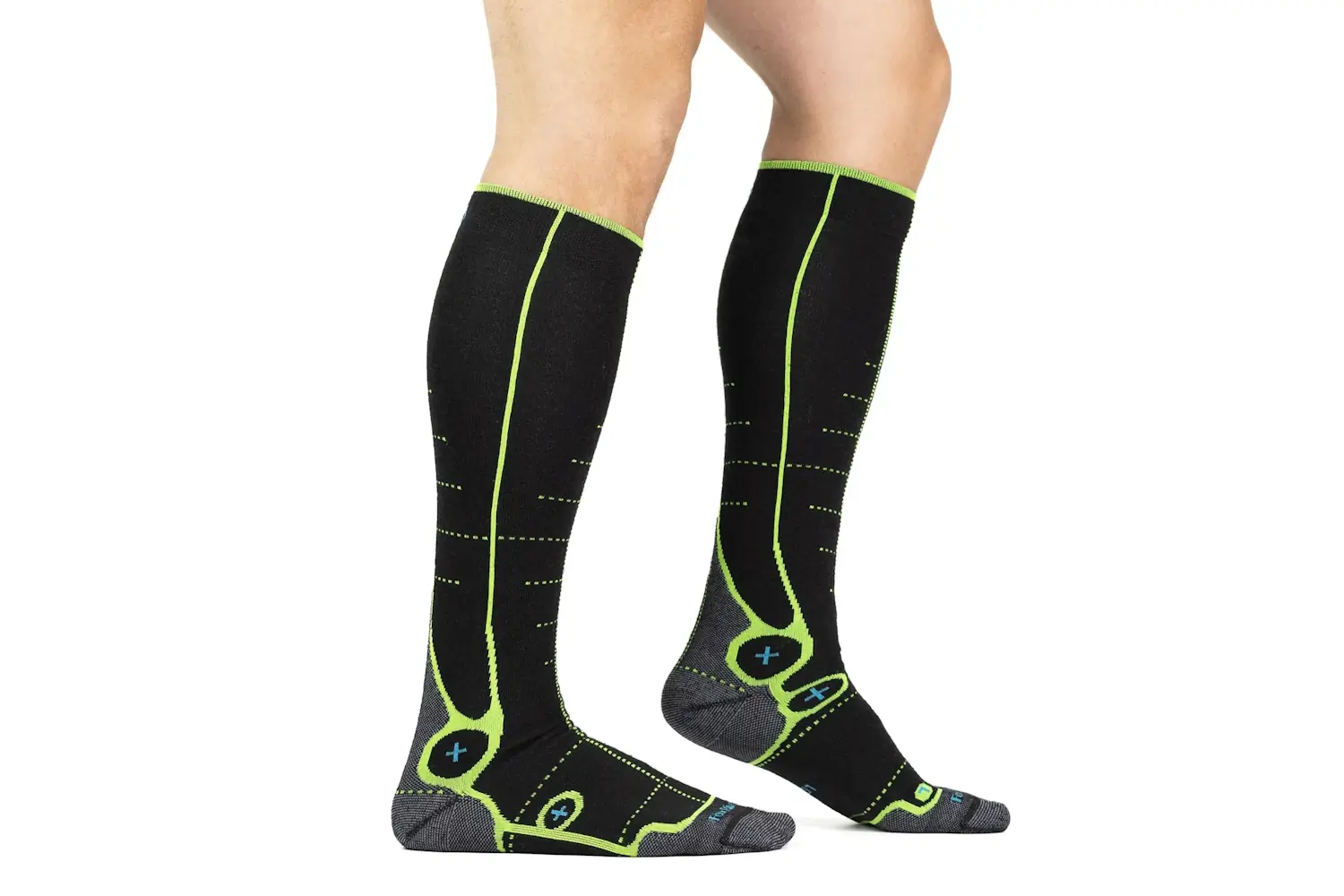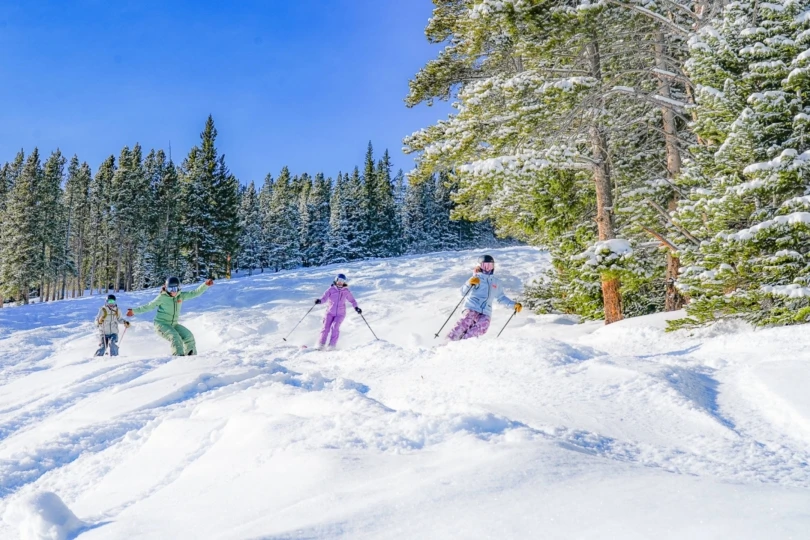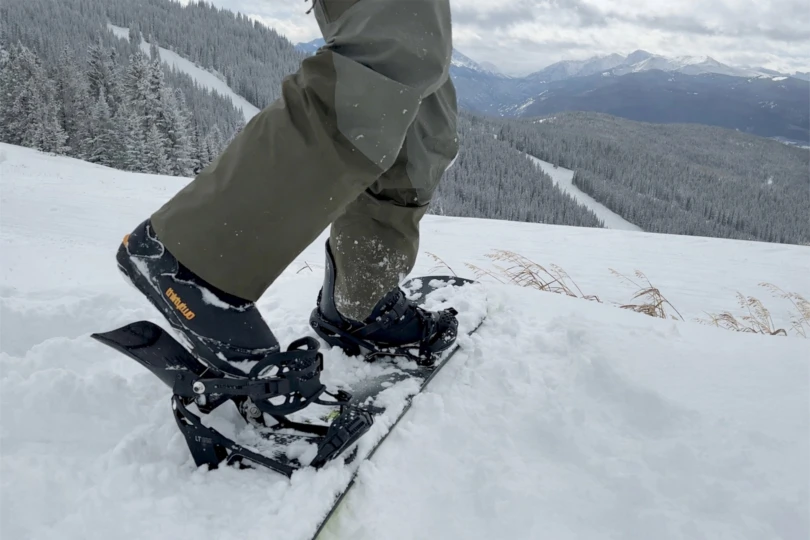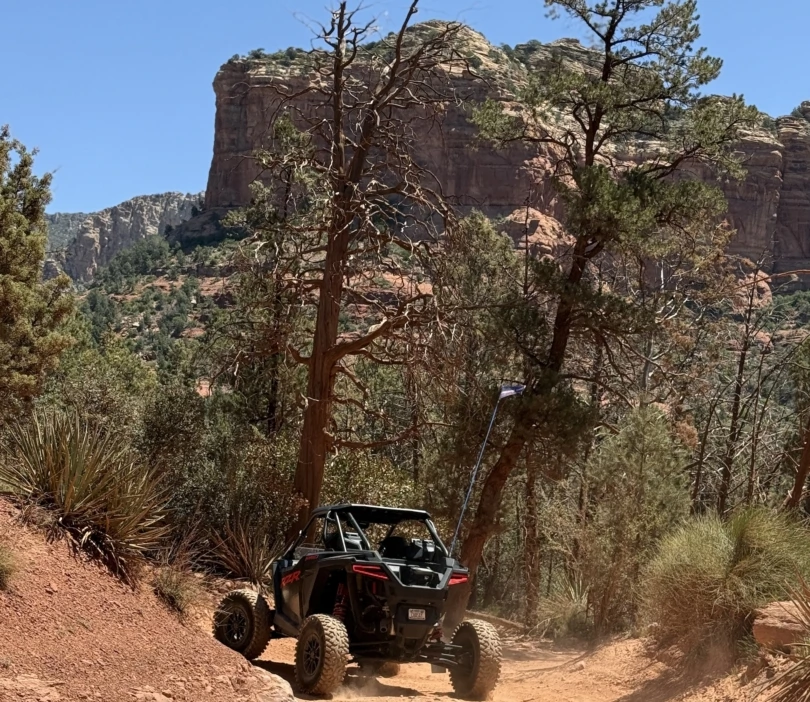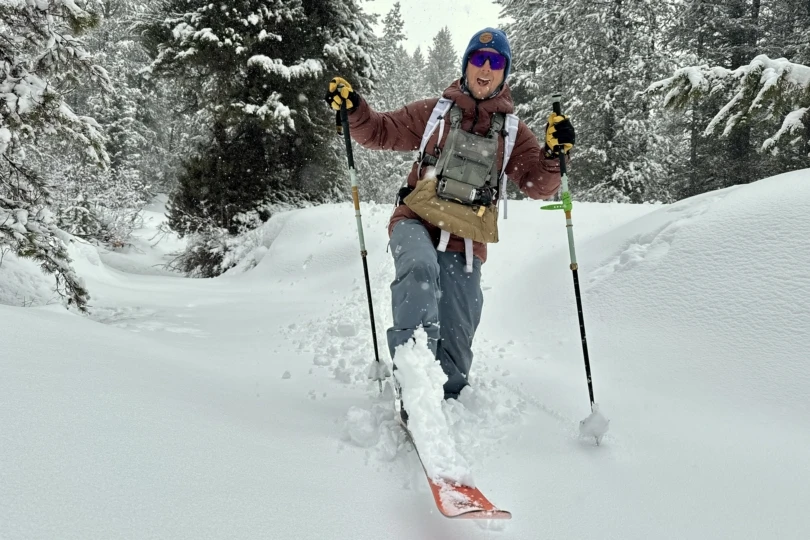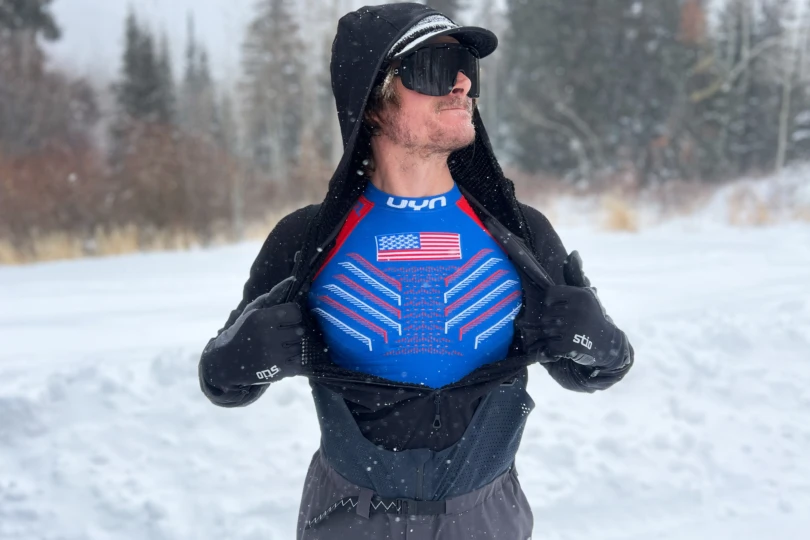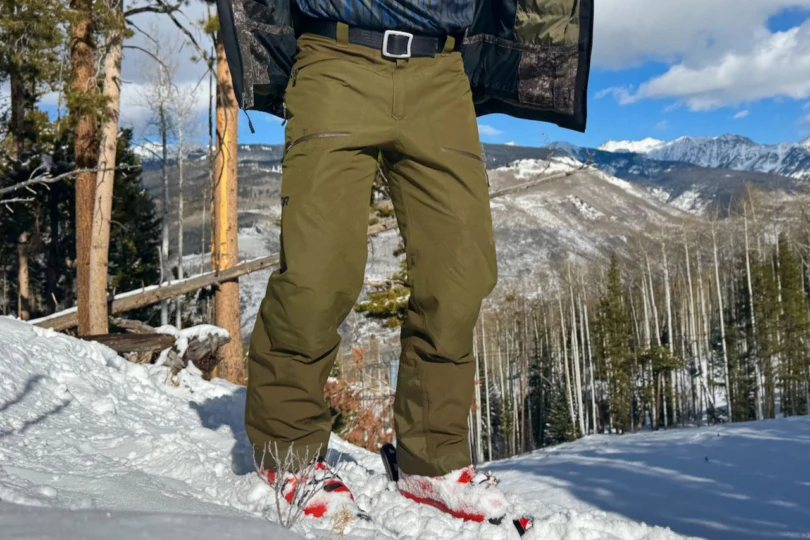When my ski boots disappeared on my feet, I knew my feet, liners, and shells were working in harmony. My toes weren’t cold, and my feet weren’t slipping and sliding inside the liners. And that’s saying a lot — my feet are exceptionally challenging to match with ski boots.
Socks are the foundation of your winter skiing kit, and they’re something to take seriously if you want to perform at your best and enjoy long, cold days outside. A good sock is warm enough for the activity, manages moisture, and fits well enough to fend off blisters. A good sock also helps to keep your winter boots — skiing, climbing, hiking, and others — locked to your feet. No sloppiness mid-step.
I put the Fox River Bootfitter Elite Ultra-Lightweight Over-the-Calf ($28) Ski and Snowboard Socks through their paces for half the season last year, stuffing them into every winter boot for every winter activity I could. After many days in the field, they walked away with a Best Fit medal in The Best Ski Socks Buyer’s Guide.
In short: Fox River found a new route to building a better ski sock with the Bootfitter Elite. They took an already high-performing merino sock platform and literally mapped out the foot’s anatomy in collaboration with professional ski boot fitters. That means it’s easy to nail sock alignment, which in itself can solve many boot-fitting woes. There ise also a tool for dialing in the fit with your local shop.
Those highlights, plus a no-slip fit and the unbeatable benefits of merino wool, make the Bootfitter Elite a great sock for alpine skiers and snowboarders demanding a balance of warmth, comfort, and precision from their socks. While the sock is labeled as ultra-lightweight, our testers found the density to hover closer to medium.
- Fabric: 46% merino wool, 44% nylon, 5% Nanoglide nylon, 3% spandex, 2% polyester
- Thickness: "Ultra-Lightweight" (our testers found the density to be Medium)
- Length: Over-the-calf
Pros
- Very easy to dial in fit
- Warm
- Moisture wicking
- Easy boot entry with Nanoglide nylon
Cons
- Some rubbing in the heel during high aerobic activities/touring
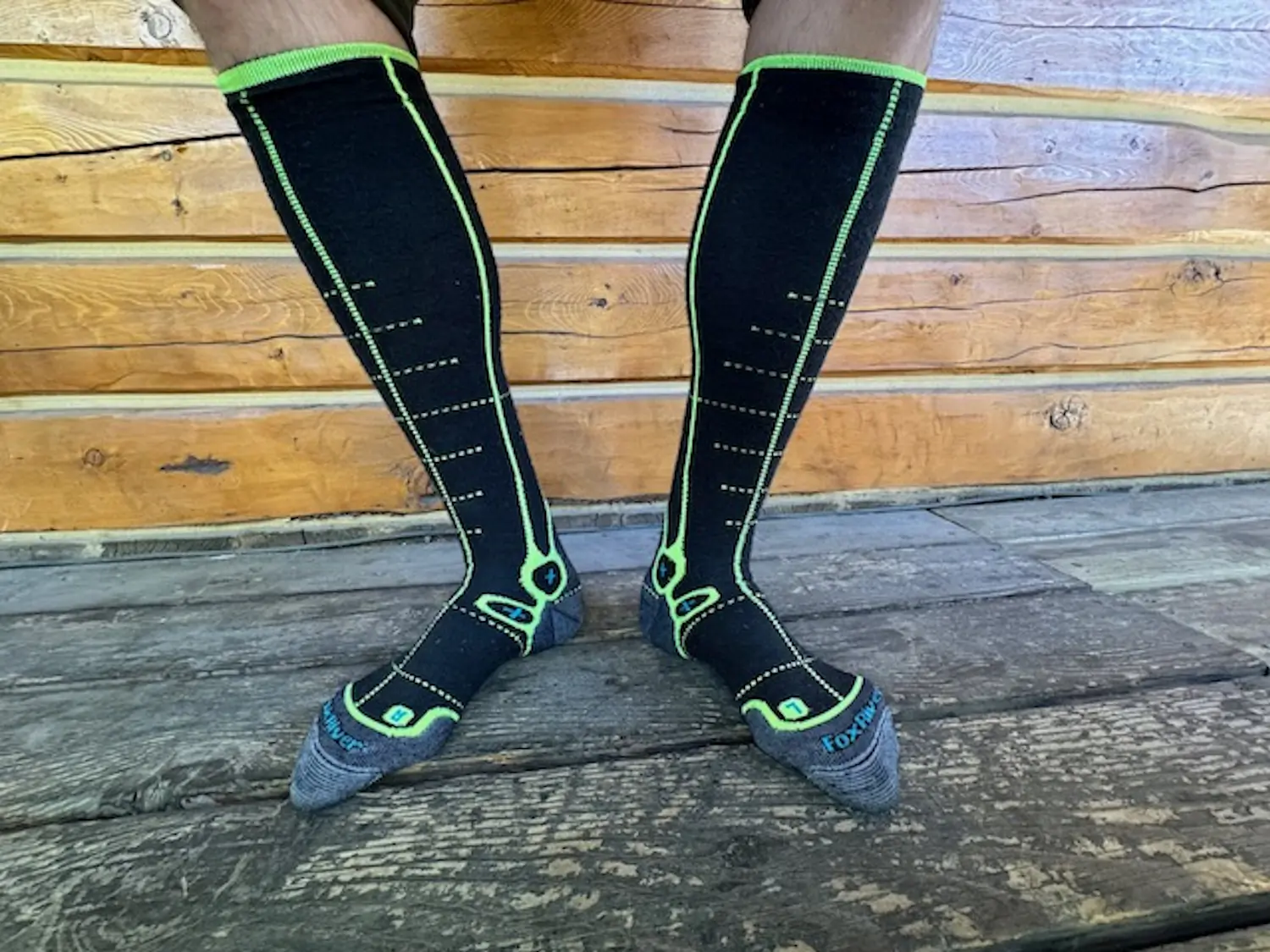
Fox River Bootfitter Elite Ski Sock Review
Like a lot of winter adventurers, I tend to use my ski socks for a lot more than just skiing. I put the Fox River Bootfitter Elite ski and snowboard socks through a lot between the beginning of March and July. It started with alpine skiing, which is where they thrive.
I’m also excruciatingly particular about socks for winter mountain activities. (Note to anyone trying to gift me socks during the holidays — I’ll probably be disappointed.) I found my favorite pair 6 years ago and haven’t budged. So, the socks I’ve been testing for the Best Ski Socks Buyer’s Guide faced a high bar.
Winter in the mountains of central Colorado is very cold, and it lingers longer than you’d think every single year. I end up wearing warm, tall ski socks basically every time I leave my house between January and April. The Bootfitter Elite was a welcome addition to my rotation, even though they looked like movie props from TRON when my ankles were exposed.
Needless to say, I was able to put them through the stink test. Like other wool-forward socks, they could go a long time between washes before succumbing to unacceptable stink (a regrettably higher bar than I’d like to admit).
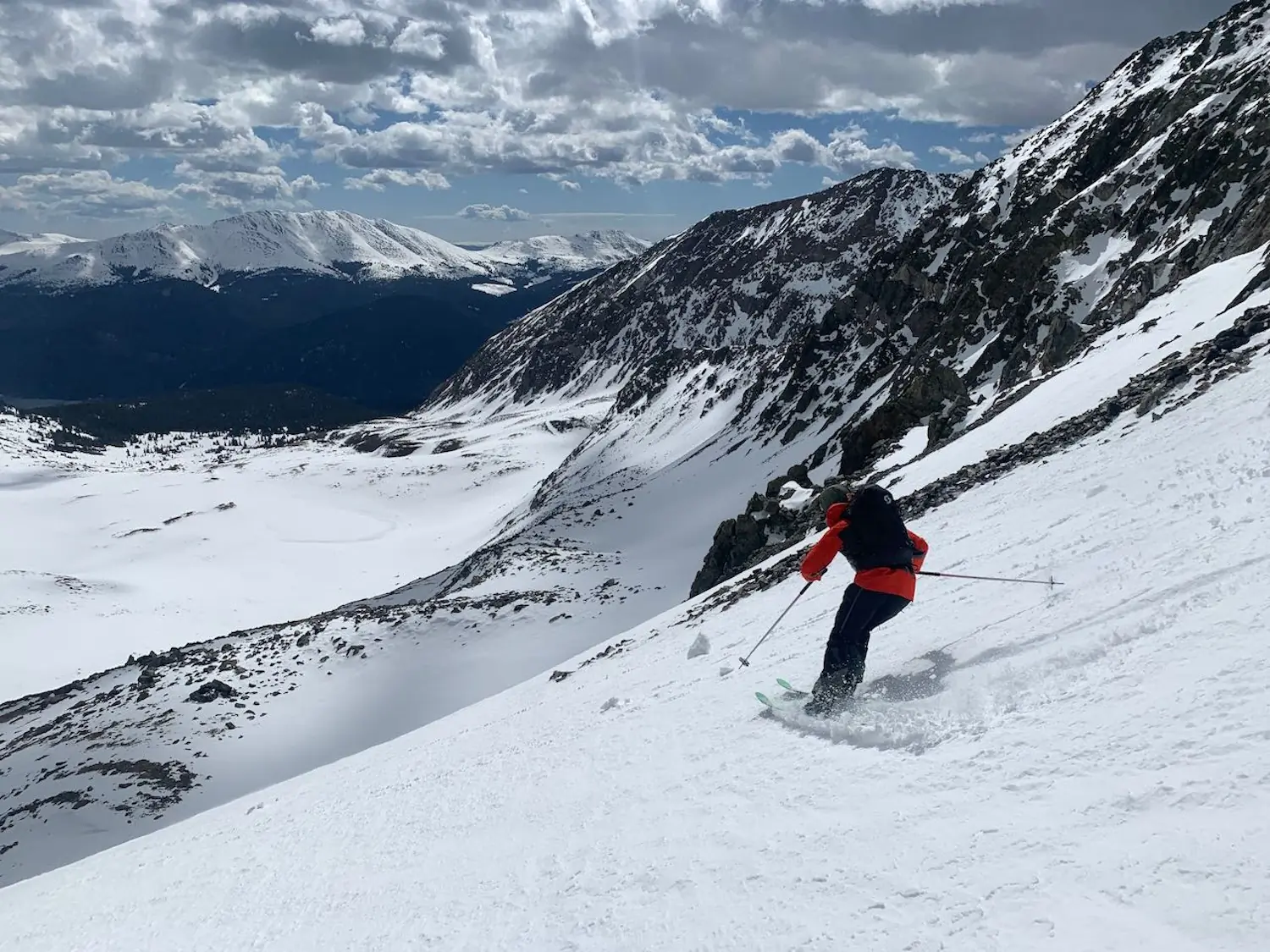



Ski Touring, Ice Climbing, Travel
I’ll admit that I was skeptical of how they’d perform as a sock for ski touring. Like I said, I’m very particular. I’ve been rotating through four pairs of Darn Tough RFL Over-the-Calf Ultra-Lightweight ski socks for the last five years, and they’re admittedly on their last legs.
The Bootfitter Elite is thicker than the RFL and a lot cozier feeling, which is not the adjective I’m looking for in highly aerobic socks. They’re also not quite as firmly locked to my feet.
Though, after ski touring in the Bootfitter Elite repeatedly, including a few exceptionally long days and with three of my favorite touring boots — SCARPA’s F1 XT and La Sportiva’s Vanguard — I have yet to suffer a major blister.
They weren’t perfect, though. I did walk away with a few hot spots on my heels that could easily have turned into blisters. So they didn’t quite match the prowess of my Darn Toughs in the aerobic department, but they were fine for shorter tours.
Beyond skiing, I also wore this pair ice climbing on a weekly basis. They struck a good balance of warmth without being bulky, but not so warm that my feet sweat excessively in my La Sportiva G5 Evo Mountaineering Boots. Most importantly for ice climbing, they fit well so my foot didn’t slide around when I was balancing on front points or standing on delicate pieces of ice.
These ski socks are also perfectly suited for high-output, bell-to-bell ski resort days and other winter activities that don’t entail as much repetitive movement as, say, peak bagging and ski mountaineering. The main reason is the exceptional fit and smooth glide while stuffing your foot into a tight ski boot.
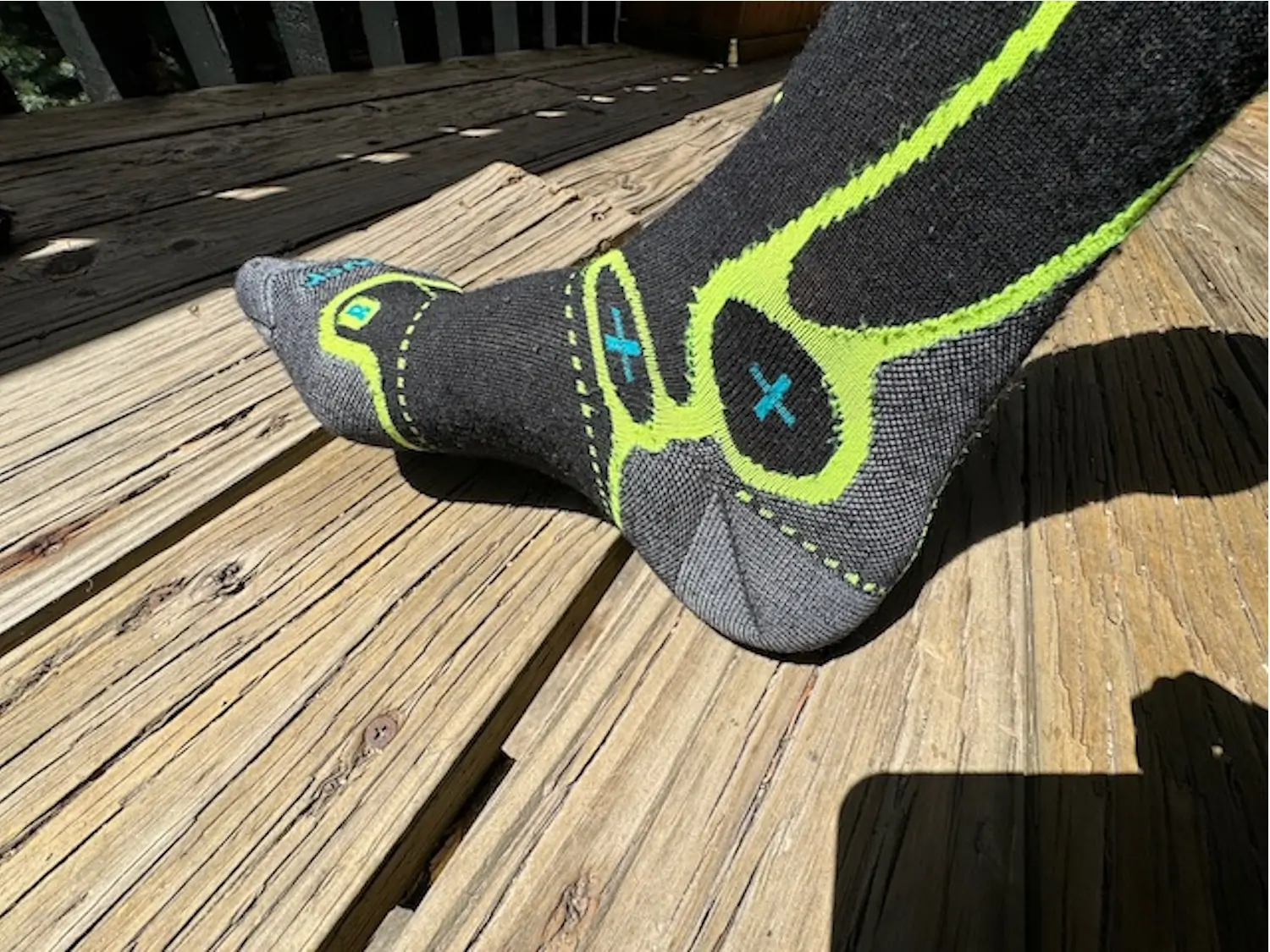



Zero Budge: Dialed Fit
Part of the reason socks bunch, twist, cause blisters, and get uncomfortable is from improper alignment when you’re putting them on. Raise your hand if you’ve ever put on a sock where the heel doesn’t quite line up right, and you just go with it. Or if you’ve put a left ski sock on your right foot and decided it wasn’t worth swapping.
If nothing else, the markings on the Bootfitter make it hard to ignore putting them on correctly. It’s satisfying to get each one lined up perfectly. And that goes a long way in producing all-day comfort.
The Bootfitter Elite is also distinct-looking: highlighter yellow yarn plots out the anatomy of your feet. Thankfully, its website has a guide to the intricacies of foot structure and the corresponding marks.
From the gastrocnemius muscle to the medial malleolus and to the calcaneal tendon, it’s all highlighted on the sock. That bump that always brings me to my knees in new ski boots? That’s called the styloid process, apparently.
Slipping my foot into my alpine boot, Dalbello’s Cabrio LV 130, was made a little easier with the Bootfitter Elite than some other socks in the test. They utilize Nanoglide nylon in the toes and heels to reduce friction as your socked foot slides into the boot. With high arches like mine, I’ll take any advantage I can get for what can often be the most painful part of my ski day.
Once inside the boot, the sock felt locked in with no movement. The soles didn’t roll or bunch, and my foot didn’t slide fore and aft inside the sock, like they can do with loose-fitting socks. That means I didn’t lose any energy transfer from body to ski from slop, which aggressive skiers will appreciate.
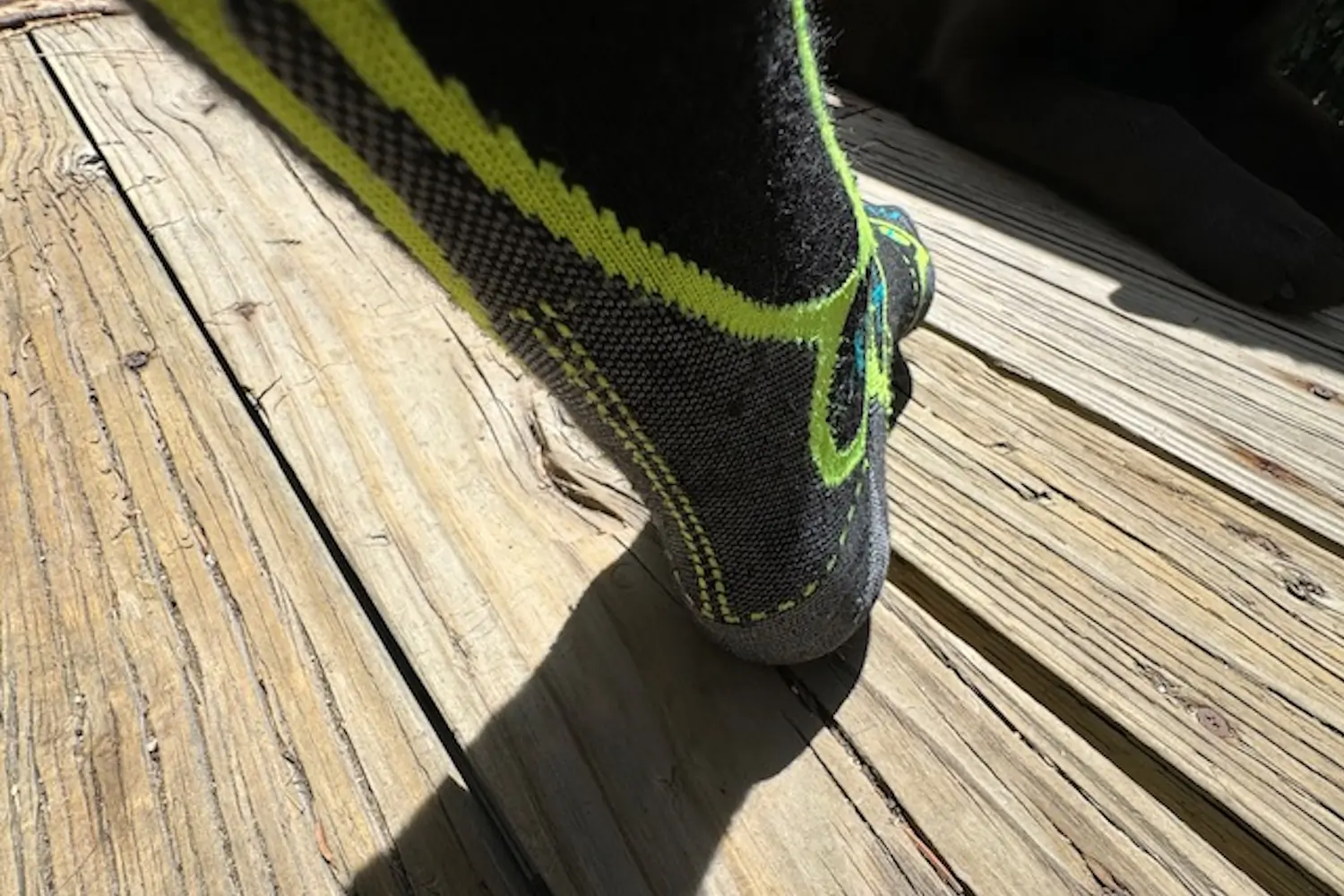



Build and Materials: Merino Wool Blend
This ski sock has specific material for each characteristic that I look for with a blend of 46% merino wool, 44% nylon, 5% Nanoglide nylon, 3% spandex, and 2% polyester.
Merino wool is the foundation of every sock that I wear outdoors (and indoors, honestly). Of all the technical and scientific fibers out there, nothing can beat the temperature regulation of wool, especially merino wool, which comes from sheep.
How does it regulate temperature? Merino wool is so dense and fine — about a sixth the diameter of a human hair — that it creates tiny air pockets within the thread and fabric that trap warm air. Like baffles in down jackets, trapped warm air is an excellent insulator.
We’ve all heard that wool is “warm when wet” and that it “moves moisture away from your skin.” That’s because wool can absorb a lot of water and water vapor — 30% of its weight before it looks or feels wet.
Cotton, on the other hand, can absorb less than a third of that before feeling saturated. From there, the water can evaporate into the atmosphere from the fabric instead of from the surface of your skin, which helps you avoid evaporative heat loss. That’s why wool is great in the winter: It keeps you warm (or at least less cold) when you’re wet.
The one tradeoff with merino is durability — it’s not a particularly strong fabric on its own. That’s why Fox River and other manufacturers add stretchy and durable nylon, spandex, and polyester.
Like all companies should, Fox River utilizes the Responsible Wool Standard for all of its merino. It’s a standard that ensures that wool comes from farmers who manage their land progressively, respect the five freedoms of animal welfare, and ensure a chain of custody for certified materials as they move through the supply chain.
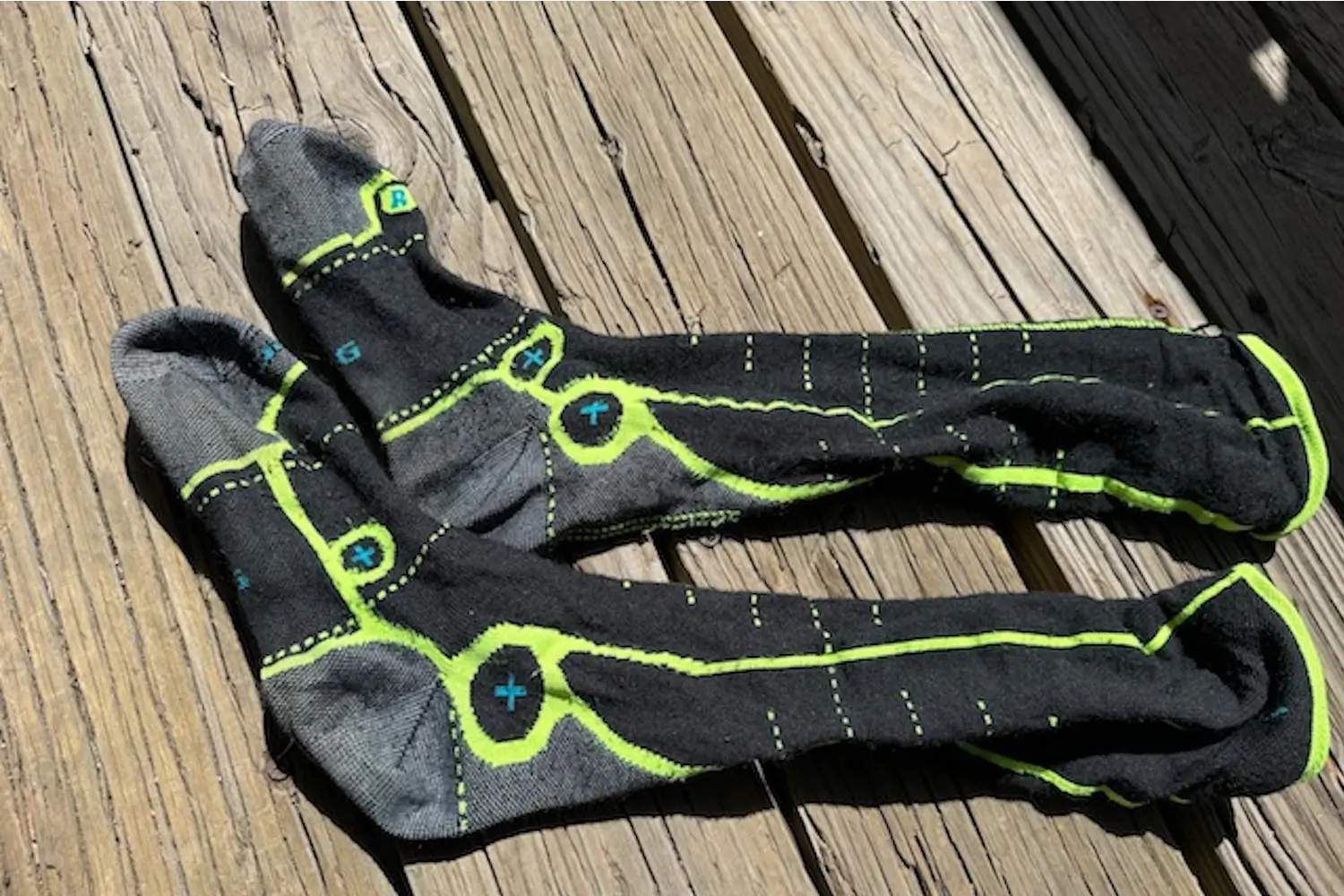



Conclusion
There’s nothing miraculous about the Fox River Bootfitter Elite ski and snowboard sock. What’s miraculous is how well socks can work when you wear them right. The Bootfitter Elite is like wearing a sock-fitting guide, so it’s pretty tough to mess up. And that’s my major takeaway from many days on piste and ice face in these socks.
Wool, this sock’s primary ingredient, has an inherent ability to stay dry, natural wax on the fibers, and microscopically scaly structure. It’s also naturally hostile to bacteria that feed off our glandular secretions and emit stench as a byproduct. So the Bootfitter avoided getting too stinky until they were really grungy.
Winter athletes will be pleased with a solid merino blend wool sock that checks all the boxes for downhill skiing and can pull double-duty for other winter activities, too.
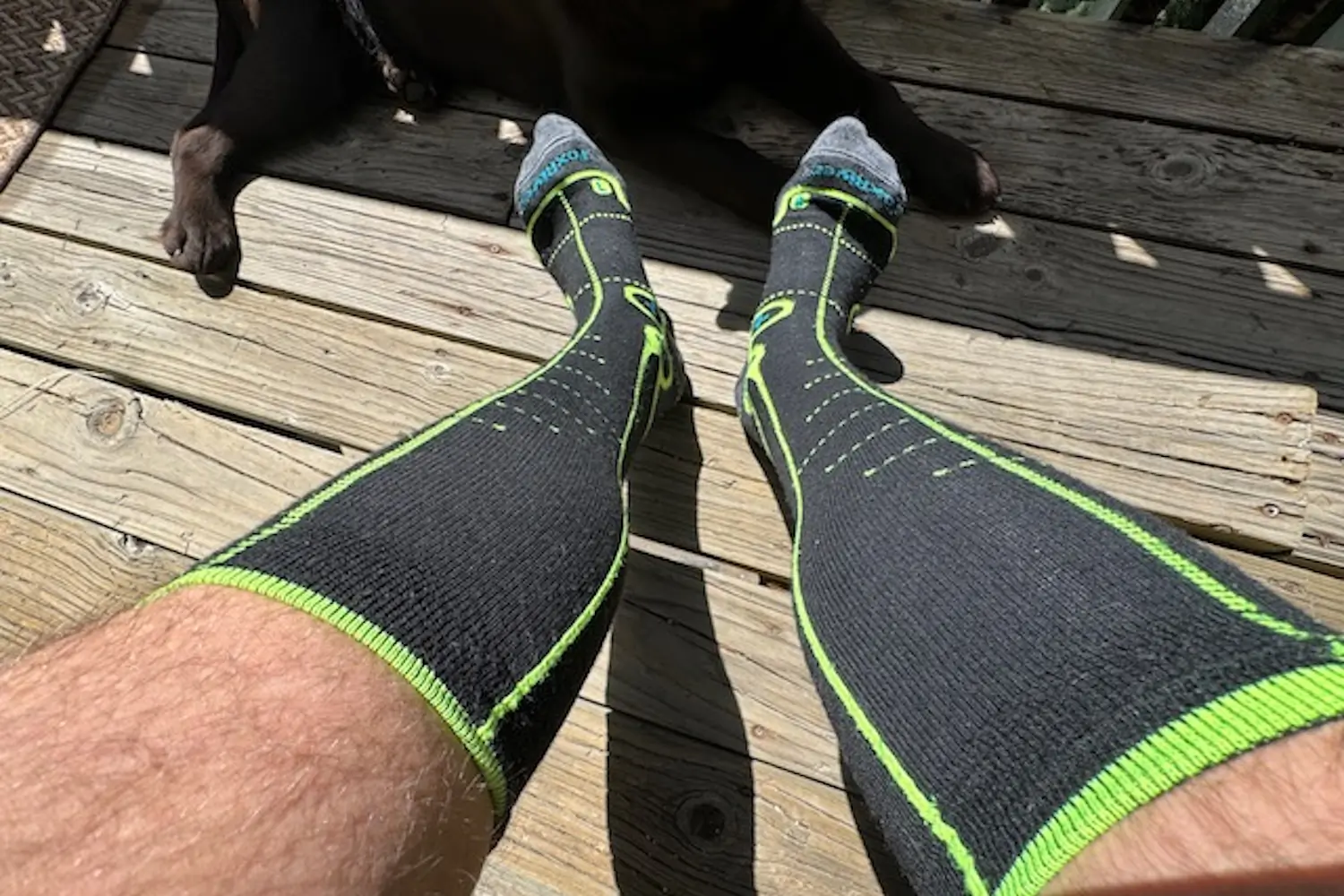



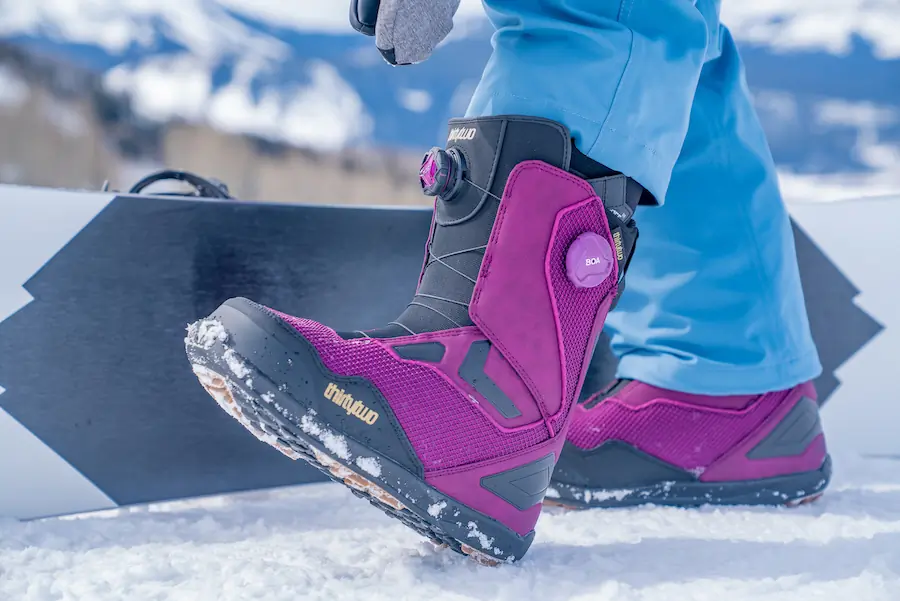

The Best Snowboard Boots of 2026
We tested all-mountain and freestyle snowboard boots for the resort and backcountry to find the best options from Burton, Vans, K2, and more.
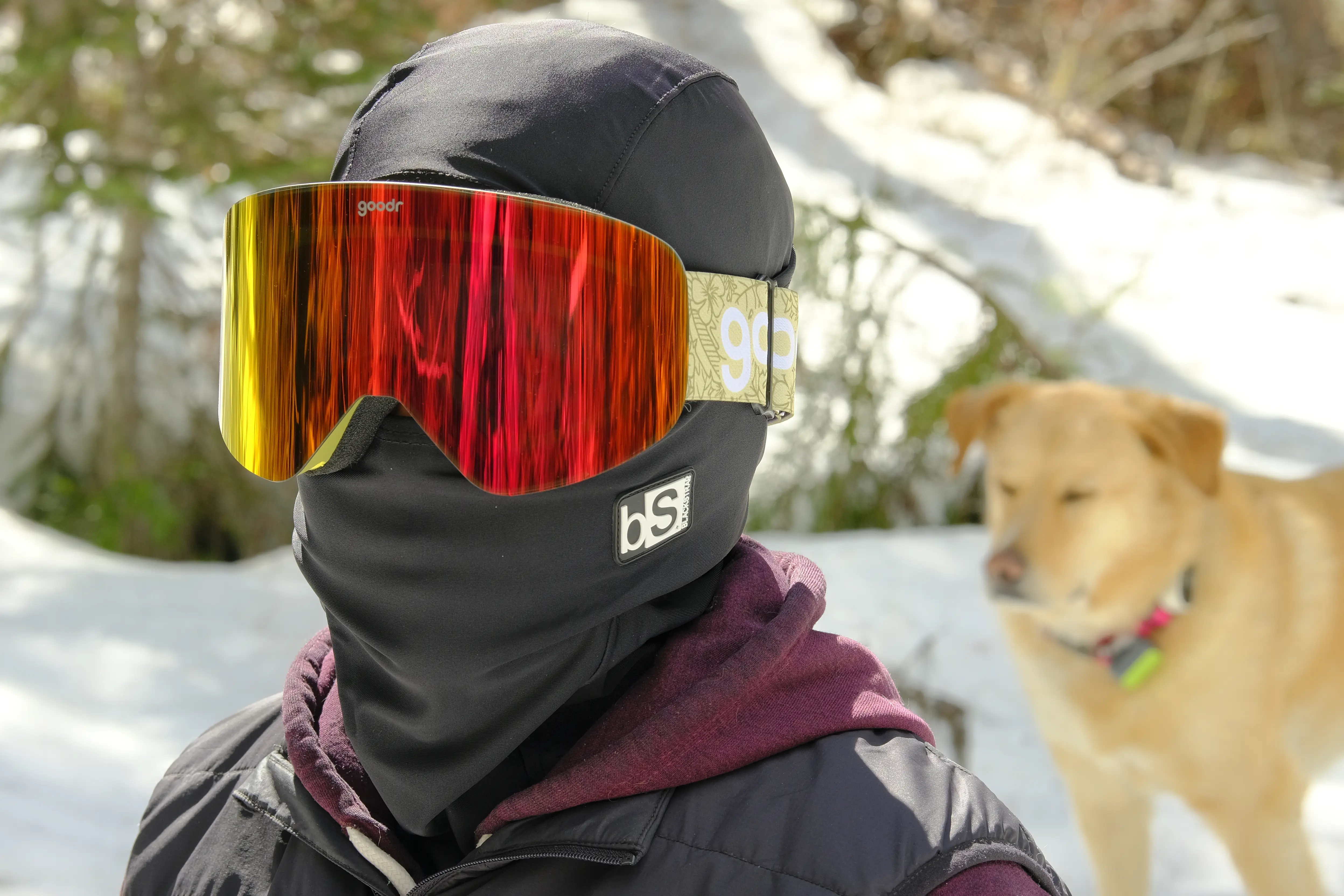

The Best Face Coverings for Skiing & Snowboarding of 2026
We tested the best face coverings for skiing and snowboarding from Turtle Fur, Buff, REI, Smartwool, and more to help you find the best option for your needs and budget.

